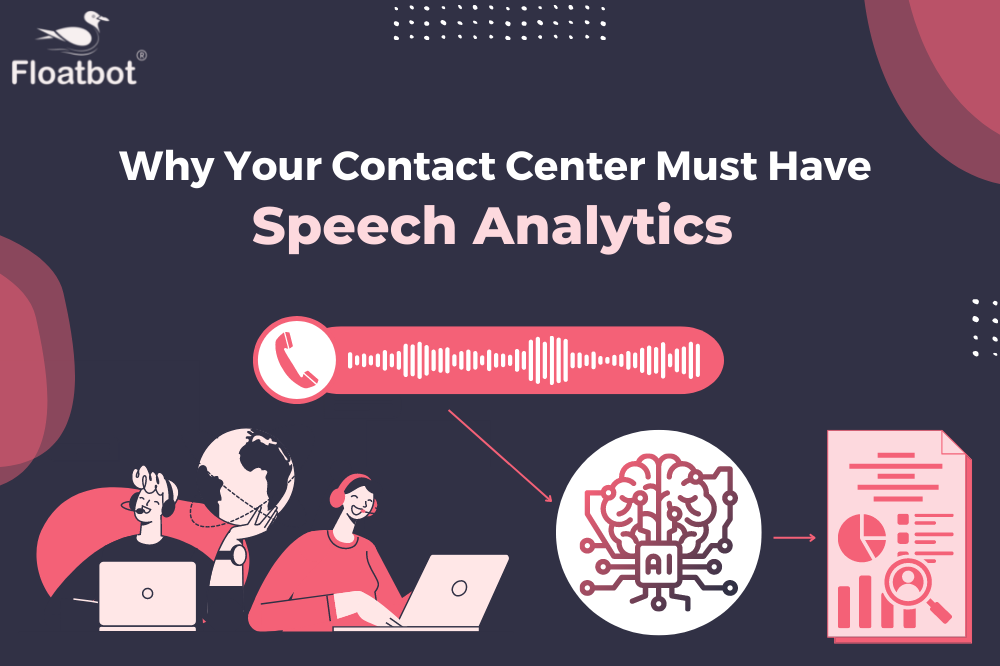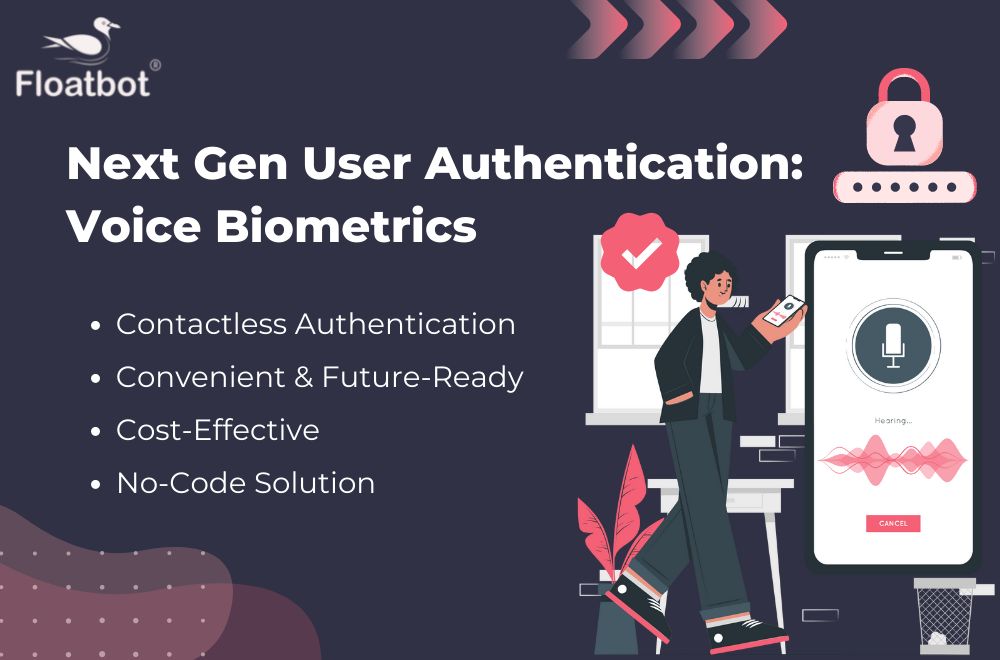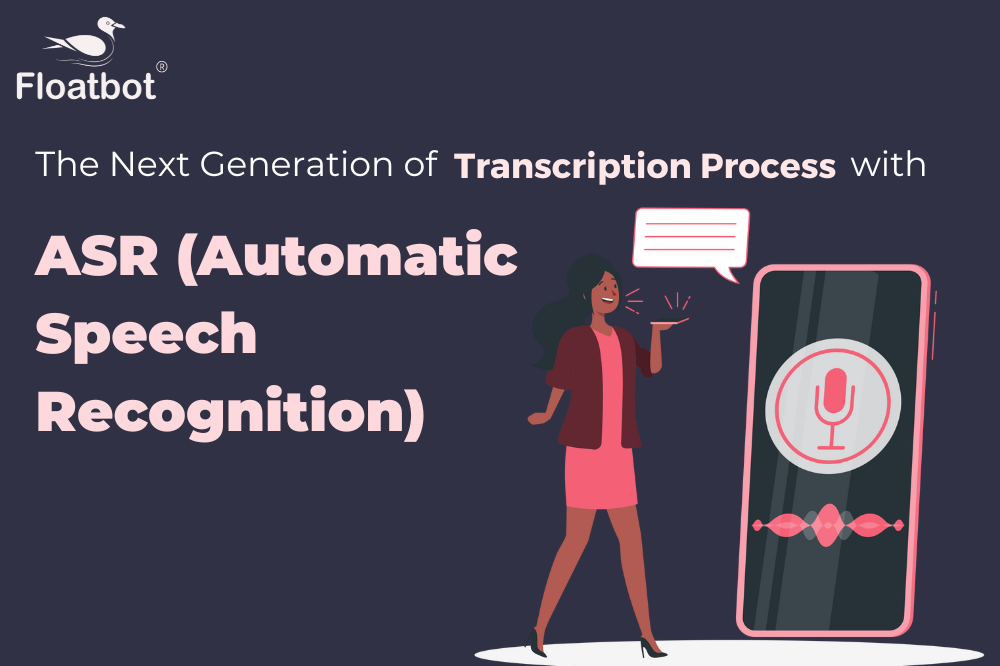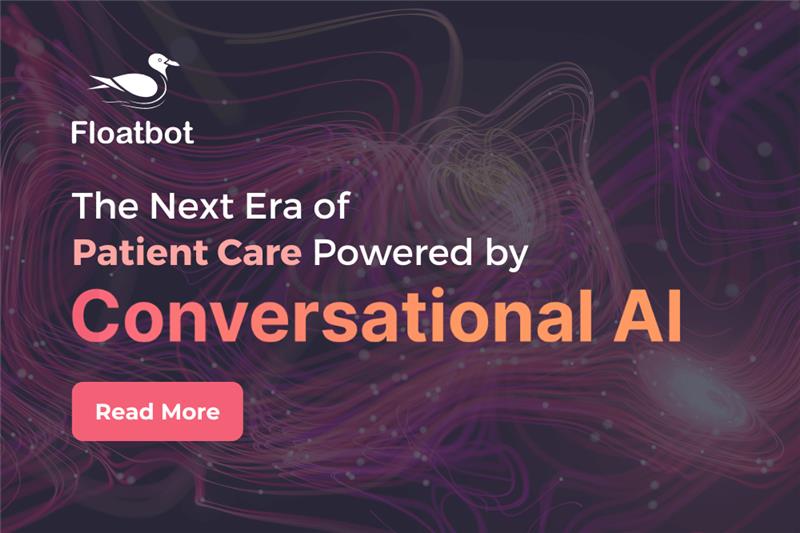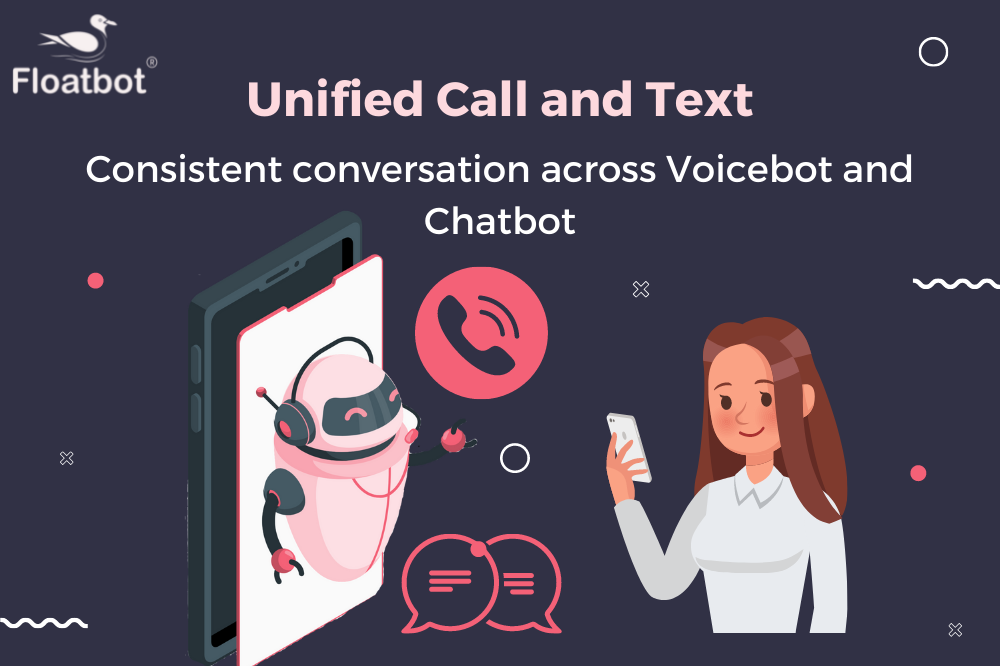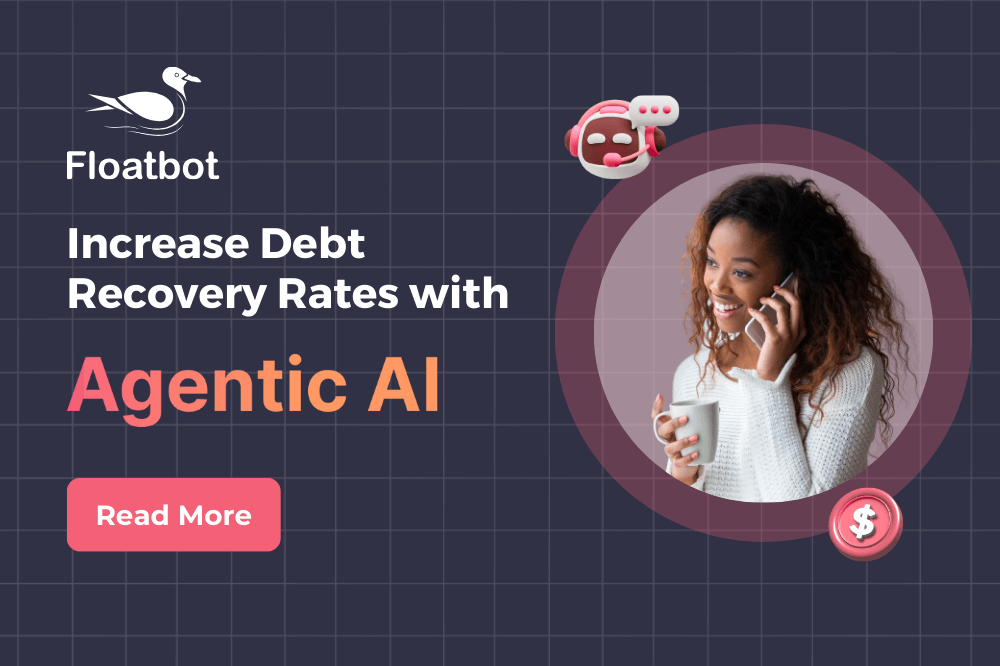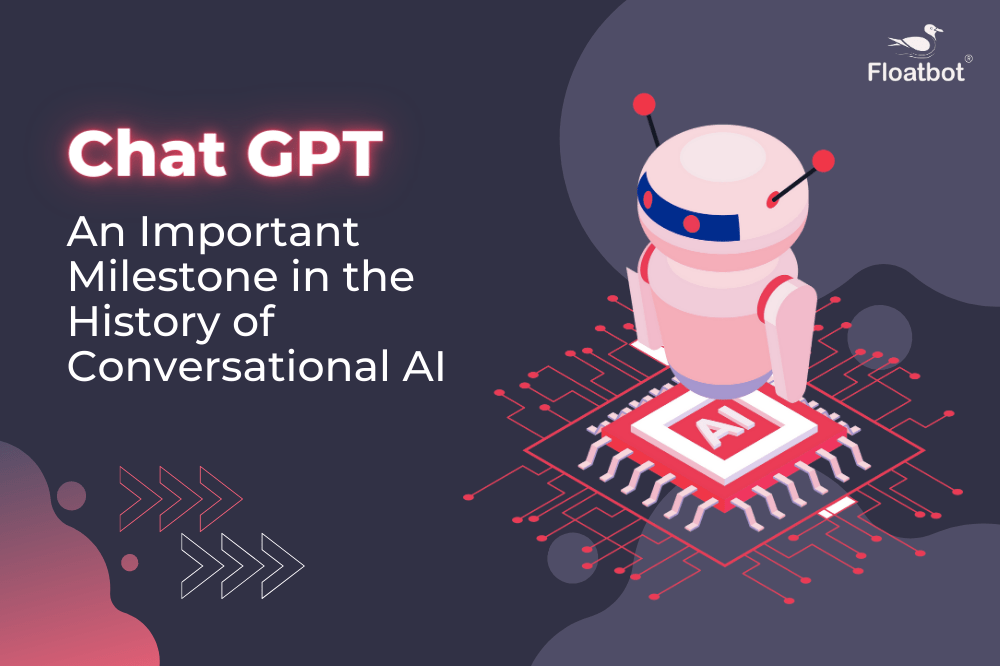
ChatGPT has taken the internet by storm. One million users in a mere one week of the launch. It managed to intrigue masses of internet users, from tech enthusiasts to CX professionals.
However, the attempts to make machines talk to humans are not new. The first Chatbot, ELIZA, was developed as early as 1966, trying to stimulate human-like conversations. But a Chatbot providing answers, writing poems, and generating programming code is something you don't see every day.
What is ChatGPT?
From the snapshots of conversations with ChatGPT posted on Twitter and other social media platforms, one might start to wonder if ChatGPT is an omniscient machine - one that knows about everything from science to history to technology to art.
But if you ask ChatGPT itself, it is a highly advanced and sophisticated AI system that can generate human-like text and hold natural conversations with users. It can understand the context of a conversation and generate relevant and appropriate responses.
What is the Reason Behind the Magic of ChatGPT?
ChatGPT, based on GPT-3.5, is a language model developed by OpenAI. GPT (Generative Pre-training Transformer) predicts the next word in a sequence based on the context of words that come before it. The main reasons why GPT is remarkably efficient because
- It is trained over large amounts of data, making it easier to recognize patterns and nuances of human language
- It is context aware. The GPT models understands the context to predict the next word
- It can efficiently perform various NLP (Natural Language Processing) tasks, such as language generation, translation, and summarization
How ChatGPT and Floatbot Complement Each Other?
Although ChatGPT is excellent for general-purpose questions, it cannot address business-specific use cases - this is where Floatbot comes to the rescue. Floatbot has the expertise and thousands of gigabytes of data for various industries and sectors, such as banking, insurance, retail, healthcare, and education.
Leveraging the combined power of Floatbot and ChatGPT, you can deploy intelligent Chatbots, Voicebots, and AI Agent Assistants to
- Enable conversational banking (Customers accessing core banking services through bots across calls, SMS/Text, Facebook Messenger, WhatsApp, mobile apps, and websites)
- Automate Claims FNOL
- Automate outbound calls to generate and qualify leads
- Automate customer support across Calls or Text
- Empower support agents with AI Agent Assists
ChatGPT makes the conversation human-like, and Floatbot ensures the correctness of the information. Thus, you can automate core business operations, elevating the customer experience and reducing support costs at the same time.
The Future of Conversational AI
Needless to say, ChatGPT has set new standards for Conversational AI solution providers. It will raise customer expectations: the users will start expecting human-like conversations from each of Chatbots and Voicebots they will interact with, whether while ordering food, making transactions, booking appointments, or making reservations.
ChatGPT successfully managed to establish trust and confidence of both customers and businesses in Chatbots and Voicebots. Thus, it is safe to assume that customer engagement through the bots will increase - pushing more and more business to incorporate Conversational AI.


